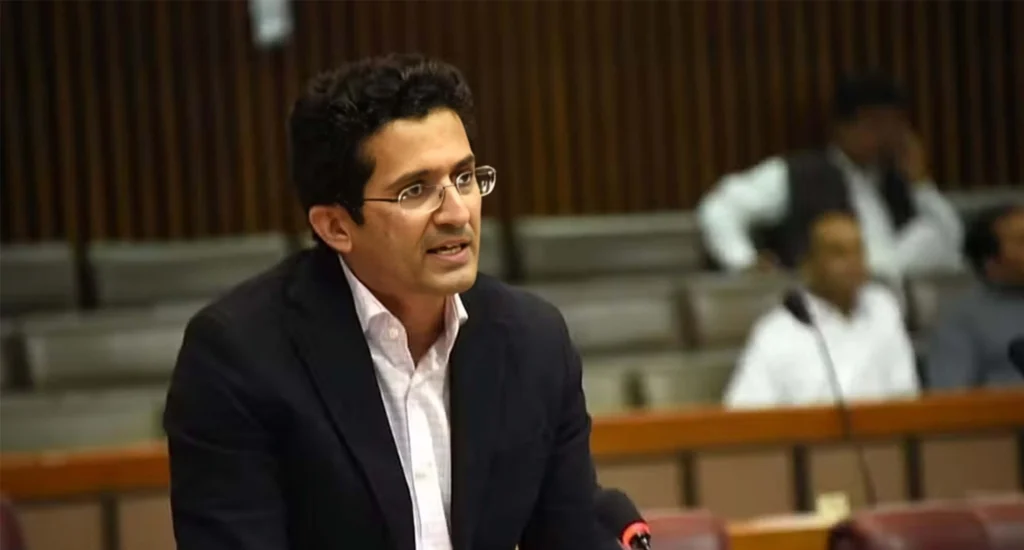Pakistan must stick to the IMF program to tackle $100 billion in debt
- Sara Habib
- January 30, 2025
- 2:50 pm
- 44
- Current Affairs

Pakistan IMF program: Pakistan faces a tough financial situation. The country must repay $100 billion in external debt from FY25 to FY27. Moreover, this amount does not include central bank liabilities or current account financing needs.
At a seminar by the Pakistan Business Council, Minister of State for Finance Ali Pervaiz Malik said that following the IMF program is Pakistan’s only way forward. In fact, he stressed that the federal government has little room for mistakes.
IMF’s Stance on Reforms
The IMF Resident Representative, Mahir Binici, urged Pakistan to continue reforms. Furthermore, his statement comes ahead of the IMF mission’s visit to Islamabad next month. The mission will review Pakistan’s progress on the $7 billion bailout program.
However, reform progress has been slow. So far, no state-owned enterprises have been privatized. Additionally, key tax reforms are still pending.
Revenue Shortfall and Tax Reforms
The Federal Board of Revenue (FBR) is struggling with a growing revenue shortfall this year. Despite this, Finance Minister Muhammad Aurangzeb ruled out tax relief for salaried individuals.
He explained that tax relief can only happen if other sectors contribute fairly. Thus, to fix Pakistan’s economic problems, all sectors must share the responsibility.
Pakistan’s Debt Obligations for This Year
In the current fiscal year, Pakistan must repay $18.8 billion. Notably, this amount excludes central bank liabilities. These payments highlight the urgent need to stick to the IMF program. Without immediate action, managing debt will become harder.
Why the IMF Program is Crucial
To stabilize the economy, Pakistan must follow the IMF program. The country needs to:
✅ Privatize state-owned enterprises.
✅ Implement tax reforms to boost revenue.
✅ Address revenue shortfalls to avoid financial risks.
By staying committed to these steps, Pakistan can secure a stable economic future.
Conclusion
Pakistan’s $100 billion debt crisis requires urgent action. Clearly, following the IMF program is the best way to:
- Fix revenue shortfalls.
- Speed up economic reforms.
- Ensure long-term financial stability.
If Pakistan delays reforms, the financial situation could worsen. Therefore, acting now is crucial for a stronger economy.



